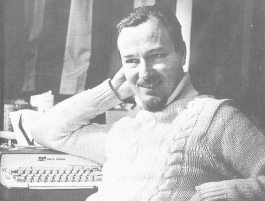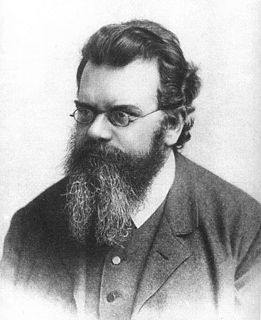A Quote by Frederick C. Beiser
Hegel remains of great importance to understand ourselves, but essentially because we have all grown out of a reaction against Hegel.
Quote Topics
Related Quotes
[T]ruly to escape Hegel involves an exact appreciation of the price we have to pay to detach ourselves from him. It assumes that we are aware of the extent to which Hegel, insidiously perhaps, is close to us; it implies a knowledge, in that which permits us to think against Hegel, of that which remains Hegelian. We have to determine the extent to which our anti-Hegelianism is possibly one of his tricks directed against us, at the end of which he stands, motionless, waiting for us.
Since substance is infinite, the universe as a whole, i.e., god, Hegel is telling us that philosophy is knowledge of the infinite, of the universe as a whole, i.e, god. You cannot get more metaphysical than that. I think that Hegel scholars have to admit this basic fact rather than burying their heads in the sand and trying to pretend that Hegel is concerned with conceptual analysis, category theory, normativity or some such contemporary fad.
Protestantism, of course, is much more explicitly divided into different traditions - the Pentecostals, the Anglicans. But there is the main tradition of Protestantism that comes out of the Reformation and that produced people like Kant and Hegel and so on, who are not normally thought of as being people writing in a theological tradition, although Hegel, of course, wrote theology his whole life.
To go straight to the deepest depth, I went for Hegel; what unclear thoughtless flow of words I was to find there! My unlucky star led me from Hegel to Schopenhauer . . . Even in Kant there were many things that I could grasp so little that given his general acuity of mind I almost suspected that he was pulling the reader's leg or was even an imposter.
Academic environments are generally characterised by the presence of peole who claim to understand more than in fact they do. Linguistic Philosophy has produced a great revolution, generating people who claim not to understand when in fact they do. Some achieve great virtuosity at it. Any beginner in philosophy can manage not to understand, say, Hegel, but I have heard people who were so advanced that they knew how not to understand writers of such limpid clarity as Bertrand Russell or A.J. Ayer.
History is one long chain of reflections. Hegel also indicated certain rules that apply for this chain of reflections. Anyone studying history in depth will observe that a thought is usually proposed on the basis of other, previously proposed thoughts. But as soon as one thought is proposed, it will be contradicted by another. A tension arises between these two opposite ways of thinking. But the tension is resolved by the proposal of a third thought which accommodates the best of both points of view. Hegel calls this a dialectic process































